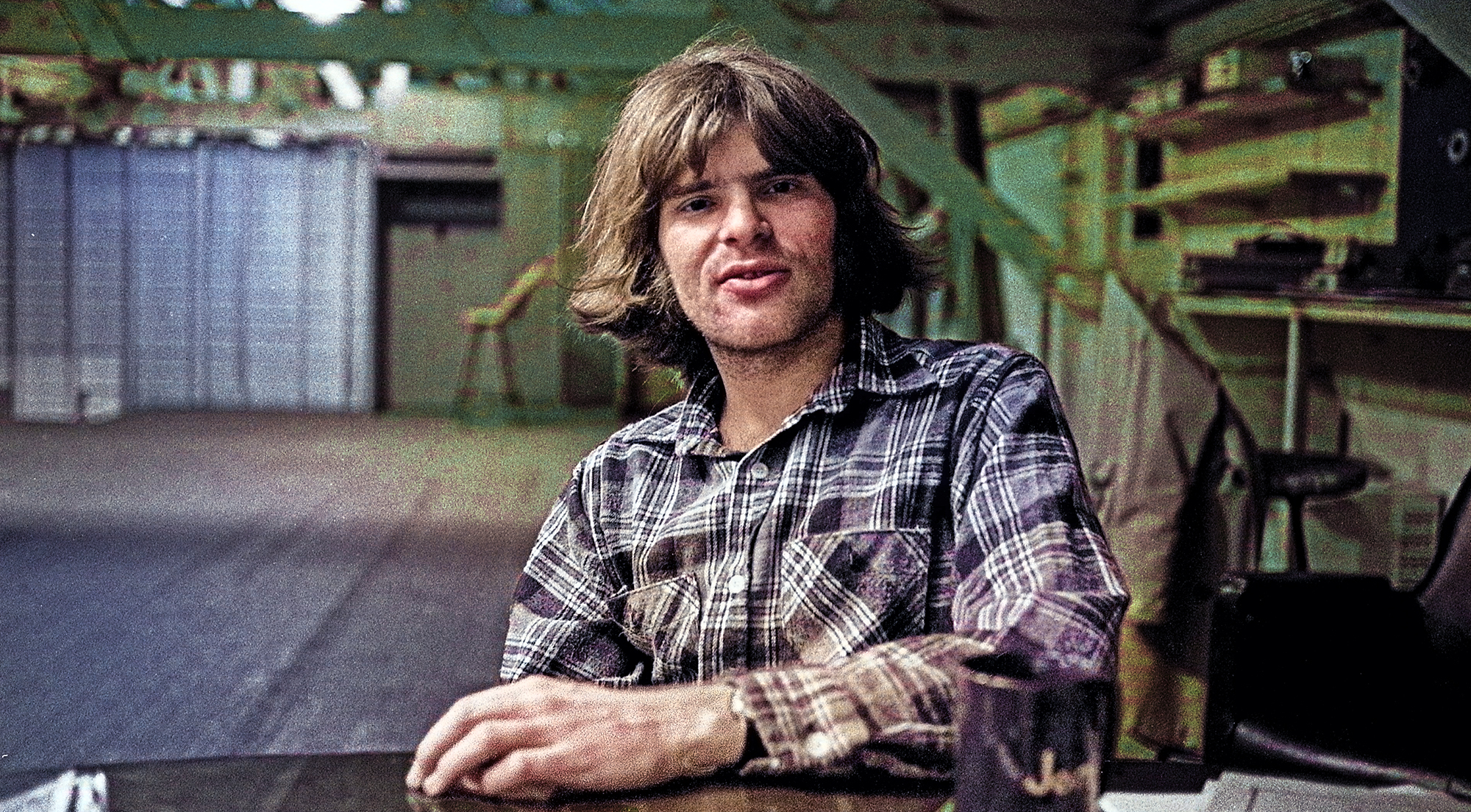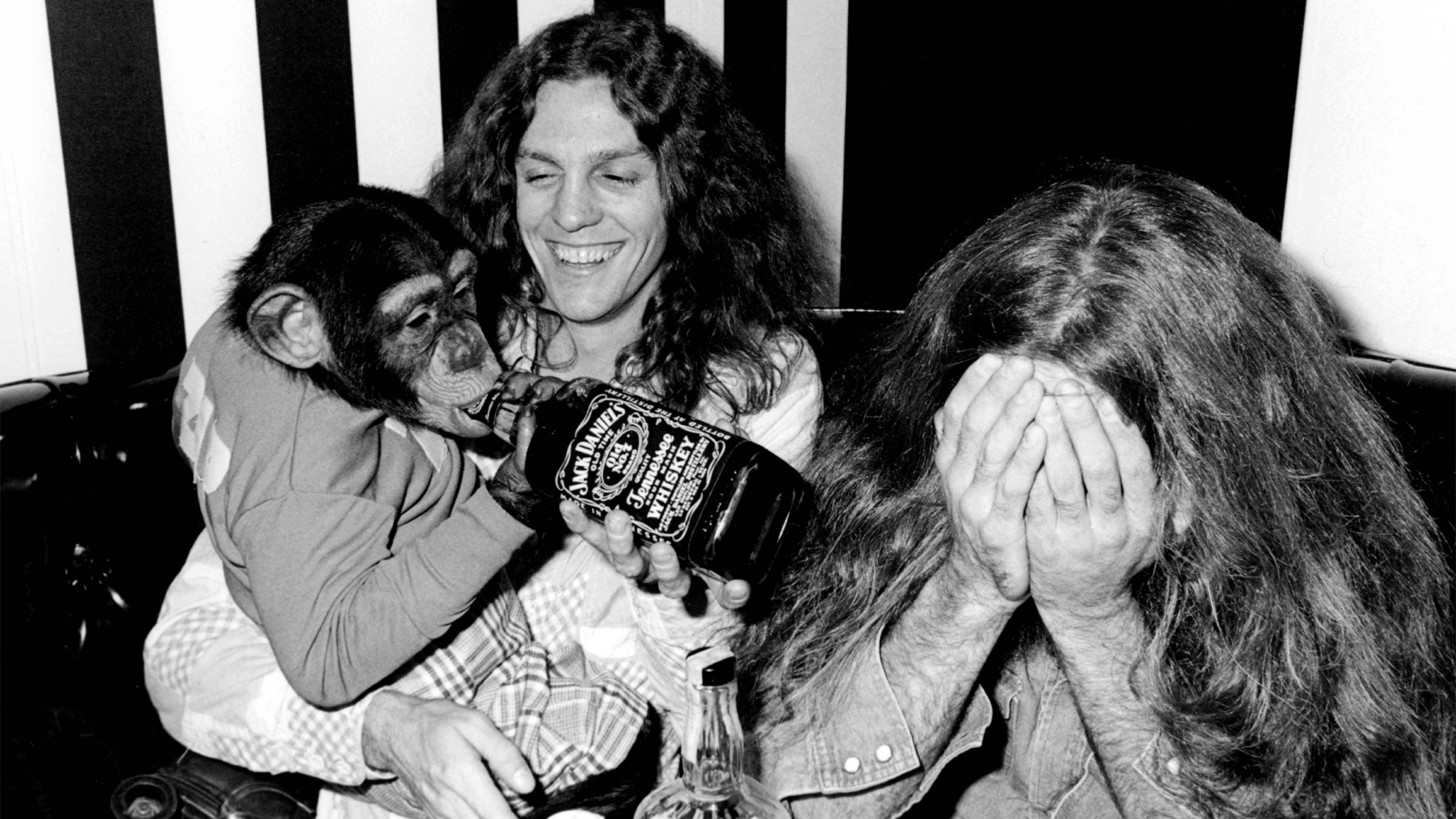“I realized, ‘You're a one-hit wonder. You've only got five minutes to do the next step or it'll be over for you.’” John Fogerty on the Creedence Clearwater Revival hit he wrote in 20 minutes to save his career
Written amid a volatile political backdrop, the song remains just as relevant today as it was decades ago

All the latest guitar news, interviews, lessons, reviews, deals and more, direct to your inbox!
You are now subscribed
Your newsletter sign-up was successful
By the summer of 1969, John Fogerty had taken Creedence Clearwater Revival from obscurity to the upper reaches of the charts. “Proud Mary,” “Bad Moon Rising” and “Green River” had all been number two hits. But they were punctuated by singles that failed to make much of a dent: “I Put a Spell on You,” “Lodi” and “Commotion.”
“I said, well, basically I’m now a one-hit wonder,” the guitarist tells Rick Beato. “And I also realized It took us so long to get here; now you only get five minutes to do the next step because the spotlight will move on to Led Zeppelin or somebody. It’ll just be over for you if you don’t come up with it now.'"
Fogerty was afraid everything he built was going to be lost if the band didn’t have another hit, and fast. Which is one reason why CCR released a total of three albums in 1969: Fogerty was on fire, writing new songs at every turn.
“Fogerty told us that if we were ever off the charts, then we would be forgotten,” drummer Doug Clifford told Goldmine in 2013. “To make it worse, it might sound funny, but we had double-sided hits, and that was kind of a curse, as we were burning through material twice as fast. If we'd spread it out, we would not have had to put out three albums in one year.”
The guitarist was taking inspiration from everywhere, and in 1969 it was impossible to not be affected by the Vietnam War. It was a catalyst behind the decade's counterculture revolution. Anti-war sentiment was a rallying cry for the rock and roll generation when they gathered that August in upstate New York for the Woodstock festival, where CCR had made a late-night stand.
When Fogerty looked at the news, he saw all the young men wounded and dying in the conflict. But he also saw how advantage was keeping many of the country’s politically privileged men from going to fight and die in a war their own fathers insisted was necessary.
He was enraged. And he put it all in one song: “Fortunate Son,” from the group’s third album of 1969, Willy and the Poor Boys.
All the latest guitar news, interviews, lessons, reviews, deals and more, direct to your inbox!
But unlike other songs he labored over, Fogerty says “Fortunate Son” came out in a blast.
“’Fortunate Son’ was the shortest song I ever wrote — about 20 minutes,” he tells Beato. “This is 1969. All the political and cultural stuff, is just brewing in my mind.”
Fogerty had the music together and “a vague idea” of the subject matter. He took it and nothing else — not even an acoustic guitar — into a room to do some writing.
“But I literally went into the bedroom with a little tablet and a pen, thinking the song was going to be called ‘Favorite Son.’” It’s a phrase used by state delegates when nominating a presidential candidate.
Aside from that, however, Fogerty says, “I had no lines of the song at all.
“And suddenly I’m sitting there, and I [thought], ‘Some folks are born, made to wave…’ Oh, that's pretty good!
“And somewhere, ‘Favorite Son’ flipped into ‘Fortunate Son.’”
As for Fogerty’s fears of slipping down the charts and becoming obsolete, he didn’t have to worry. “Fortunate Son” was released as a double A-side single with “Down on the Corner,” the lead track from Willy and the Poor Boys. Both songs reached number three on the charts, and helped keep CCR’s fortunes alive.

Fogerty has spent much of his post-CCR days fighting to reclaim the rights to the material with which he made his name. His new album is a celebration of that battle ending after 50 tireless years. The pain of the band's demise also saw him give away his prized Rickenbacker 325.
“I was hurt. I was damaged. I gave it away to end that chapter of my life,” he said of his decision to leave it behind. Yet, miraculously, it wound up back in his hands, perhaps standing as a precursor for what was about to follow.”
A freelance writer with a penchant for music that gets weird, Phil is a regular contributor to Prog, Guitar World, and Total Guitar magazines and is especially keen on shining a light on unknown artists. Outside of the journalism realm, you can find him writing angular riffs in progressive metal band, Prognosis, in which he slings an 8-string Strandberg Boden Original, churning that low string through a variety of tunings. He's also a published author and is currently penning his debut novel which chucks fantasy, mythology and humanity into a great big melting pot.


